We Started A $2.4M/Year Coliving Business In Singapore
Hello! Who are you and what business did you start?
We are Eugenio Ferrante and Ahmed Nizar, co-founders of Casa Mia Coliving.
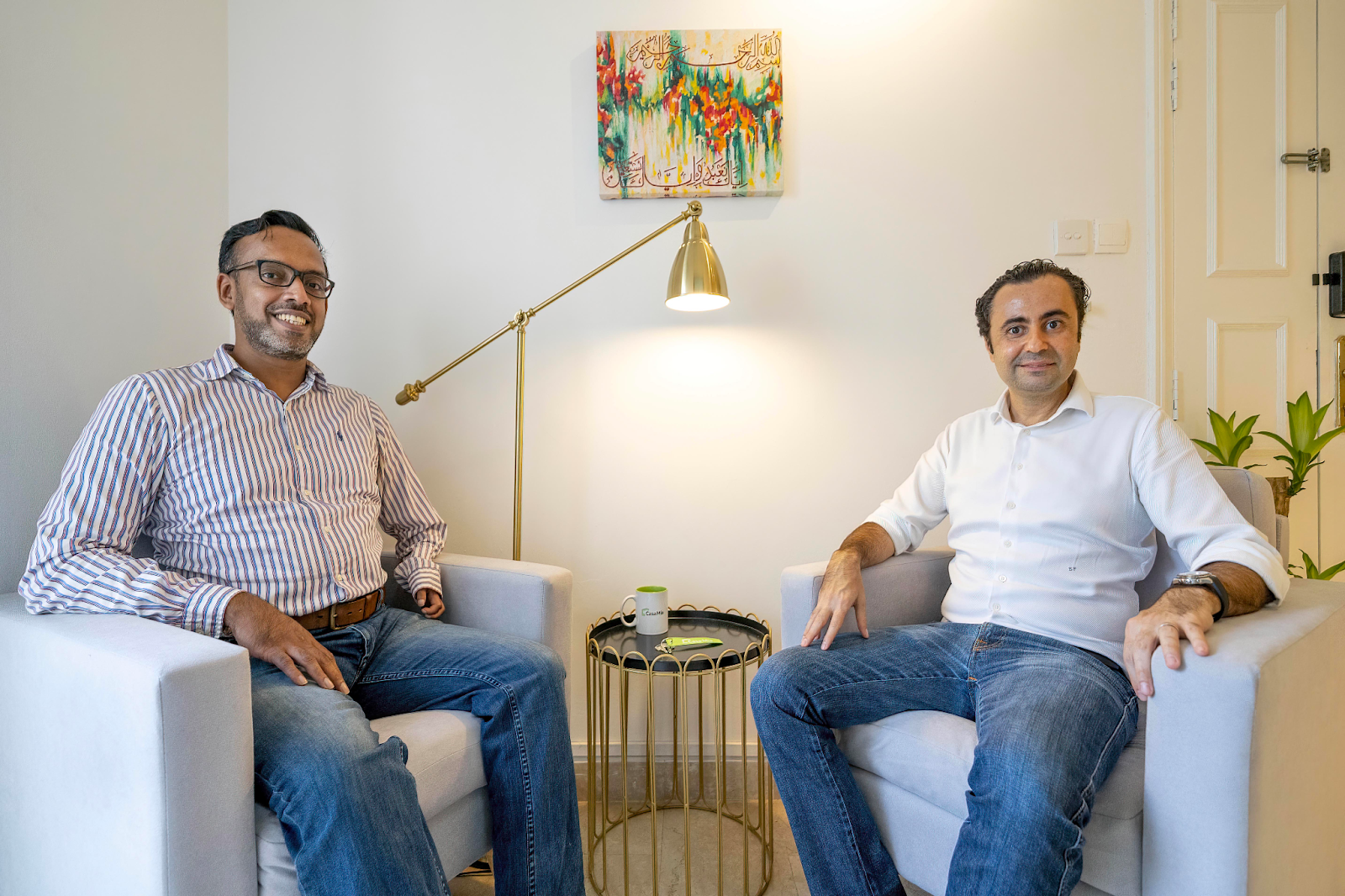
Casa Mia Coliving is a sustainable and modern coliving and property management company that offers affordable and ready-to-move-in accommodation. Bringing together insights from the sharing economy, technology, and a robust tenant community, Casa Mia enables young professionals to enjoy easy living in sought-after urban locations.
Today, we have 150 bedrooms in central Singapore across popular neighborhoods such as River Valley, Tiong Bahru, and Orchard. We have reached an annualized revenue of $2.5M, and we’re growing fast!
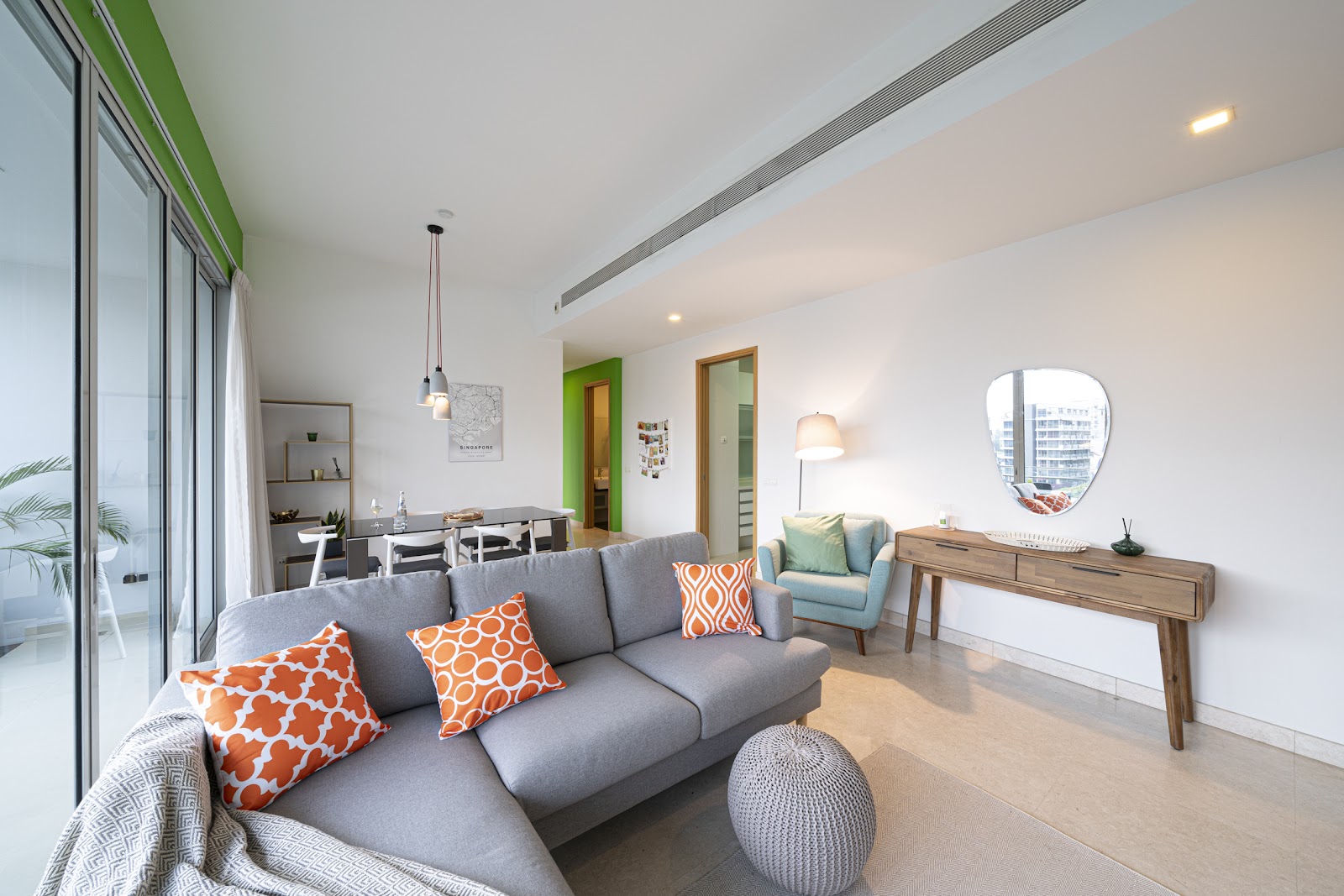
What's your backstory and how did you come up with the idea?
We both wished that coliving existed a few years ago. Earlier in our careers, while we were in management consulting and banking, we moved for work to places worldwide, across Europe, North America, and Asia, from London to Seattle, from Toronto to New Delhi.
When we rented our homes, we got stuck in the “wrong” neighborhood for too long; we had mixed results when we sublet with “strangers”, and we had mixed results. We learned a lot from these experiences, and we now bring these learnings into Casa Mia Coliving.
We both moved to Singapore with our jobs, and after a few years in corporate positions, we were looking for other options. Eugenio got interested in coliving after seeing the idea in Italy (one of the largest operators there). Ahmed arrived at a similar concept by looking at how complex the house-hunting process was in Singapore. We met and realized that we had a similar vision and complementary strengths. That’s how Casa Mia Coliving started.
Take us through the process of designing, prototyping, and manufacturing your first product.
We launched just before COVID-19 hit Singapore. A lot of our ideas about the product were still shaping up. In hindsight, we believe this was a blessing in disguise.
Compared to many other coliving companies in Singapore, our rooms are more spacious and most of them suitable for working from home. That’s simply because we saw how people changed their accommodation needs in 2020, and we didn’t have a lot of inventory yet at that point.
We are also one of the very few operators of our size with our proprietary software platform to manage coliving operations end-to-end. The “downtime” of 2020 allowed us to build this up. We came up with ColivHQ, a software that will enable all of us at Casa Mia to be very efficient and have a good understanding of what’s happening with each one of our homes and members.
ColivHQ is a combination of a CRM, a customer support system, a PMS (property management system), a CMS (home pictures, virtual tours, etc.), and a billing system for all of us. All in one place. Most small coliving operators run their business on a spreadsheet, and then when they grow they scramble to find a platform that works for them. COVID-19 allowed us to plan for this.
Before:
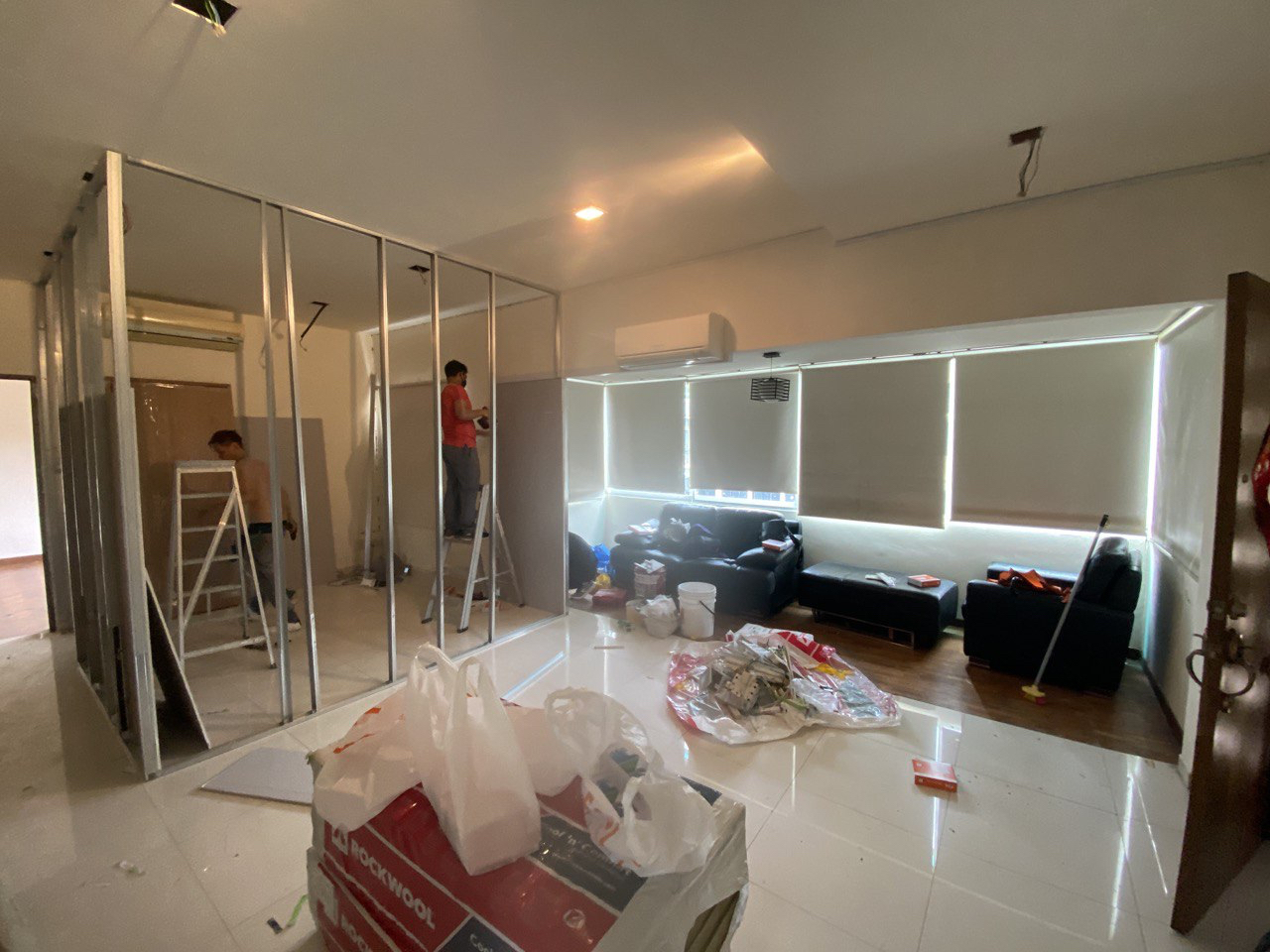
After:
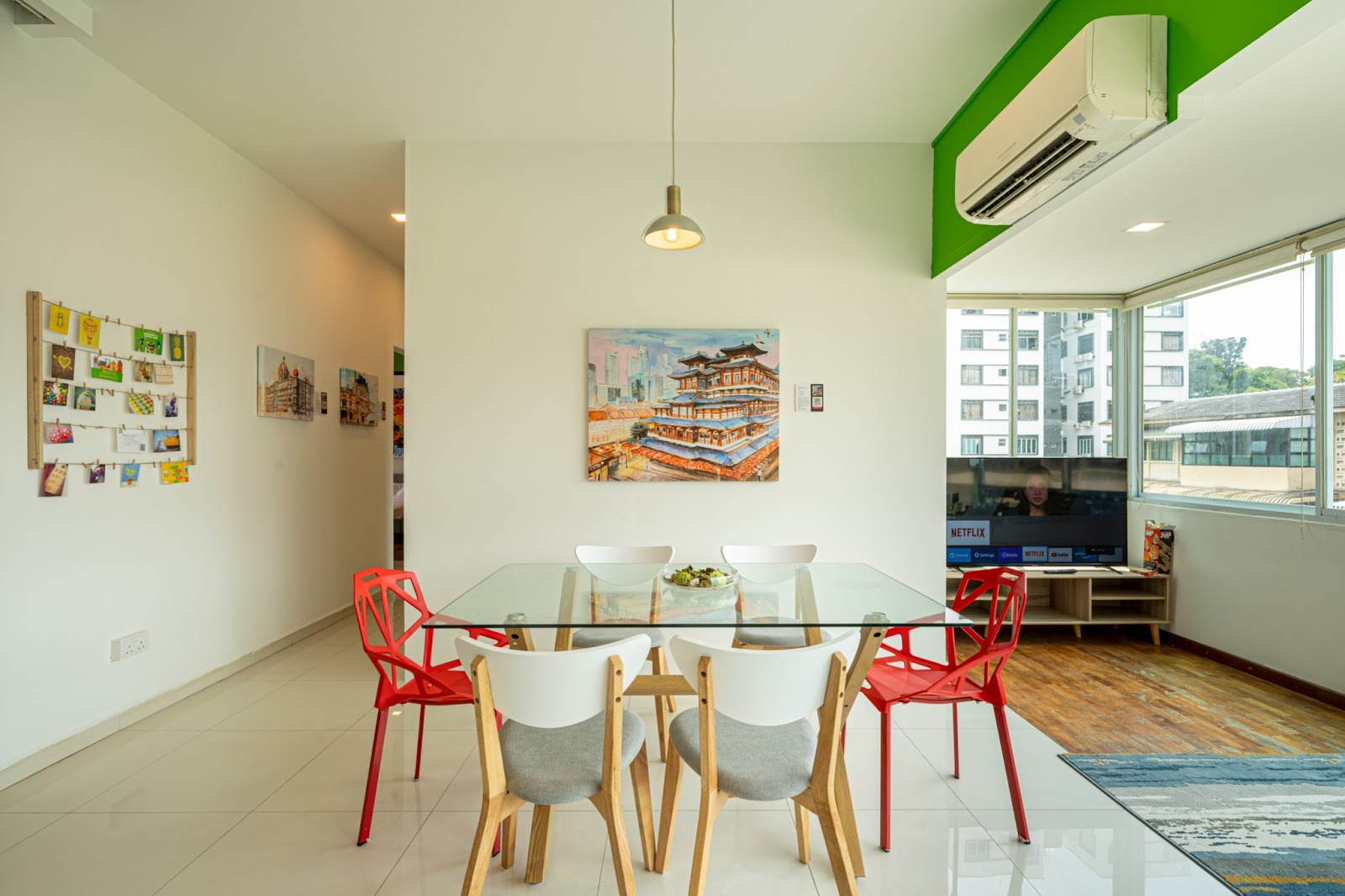
Describe the process of launching the business.
We bootstrapped at first, raised a bit from friends and family after, and we are now going through our first real fundraising campaign. Nothing to announce, yet!
When we launched our first home, all rooms got booked right away. We knew we had something and from then it was a matter of finding the right place to grow as fast as possible without breaking too many things. Throughout the life of Casa Mia Coliving, we have been fairly cautious, from a financial perspective, making sure that we did not spend more than we were making. All the funds we raised went straight into new homes.
VER 1:
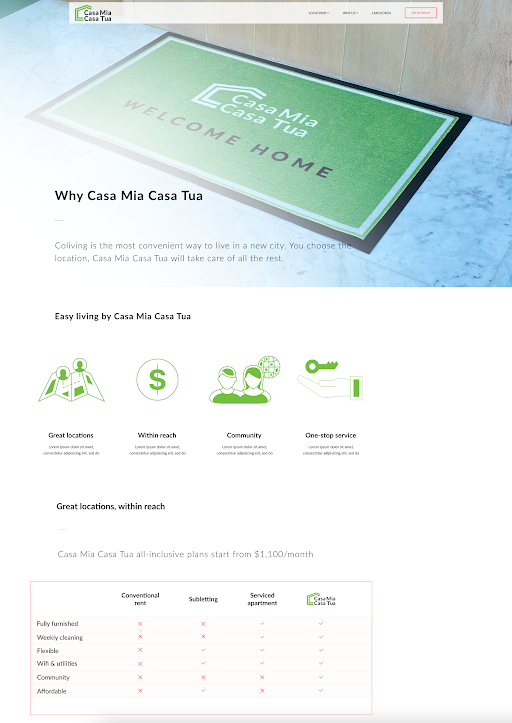
VER 2:
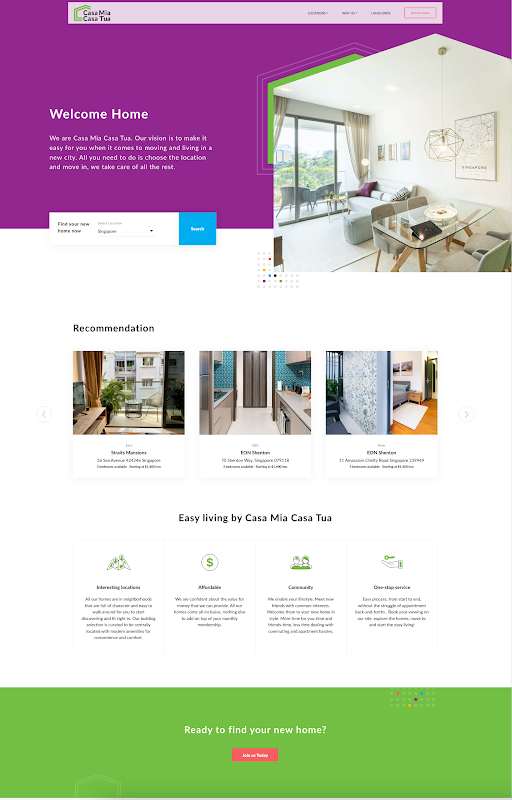
VER 3 / CURRENT:
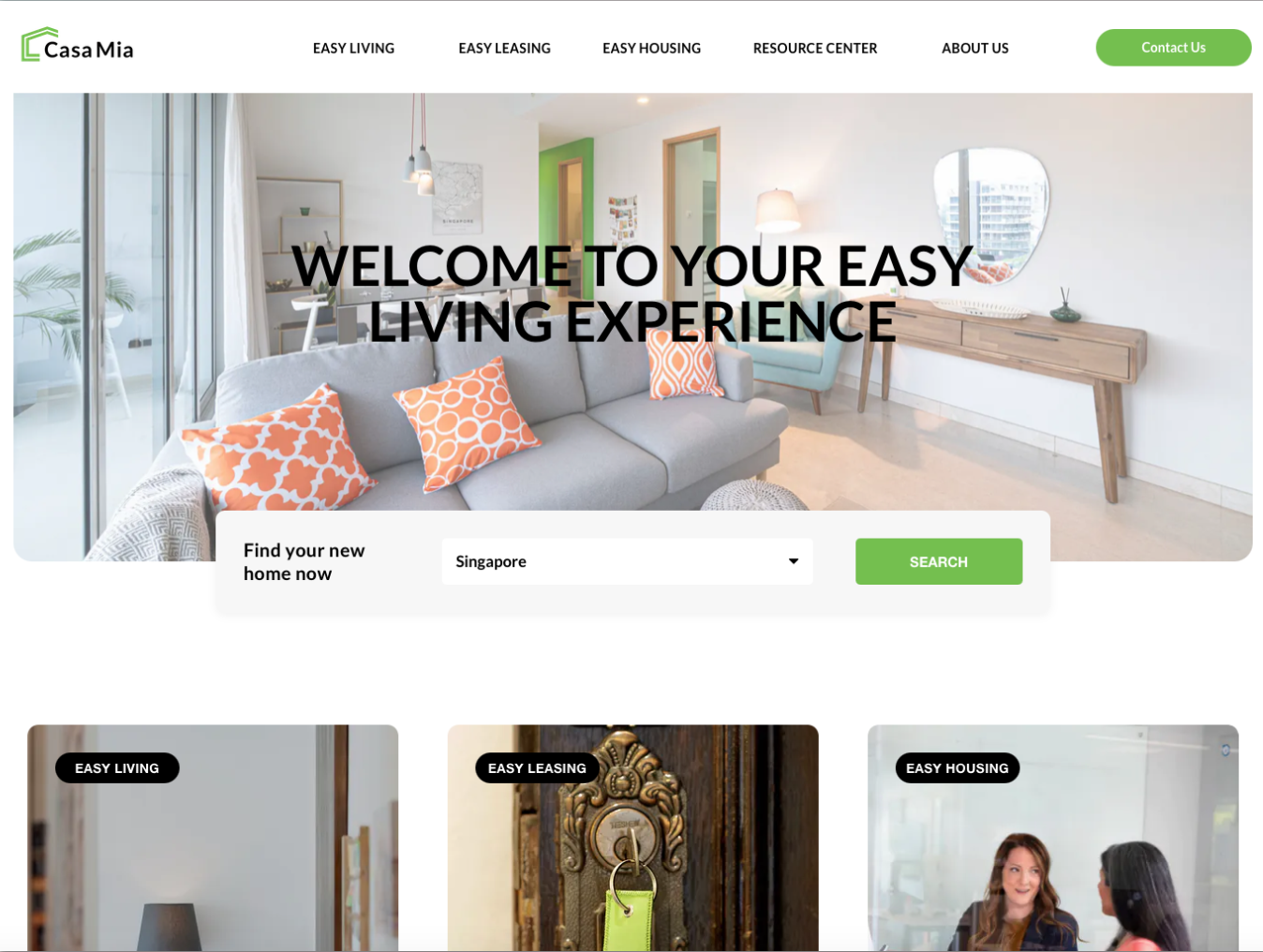
Since launch, what has worked to attract and retain customers?
We use a mix of social media and online advertisement; however, at this point, more than half of our new members find us organically, either through recommendations from others or Google reviews and forums (there are a few on Facebook in Singapore).

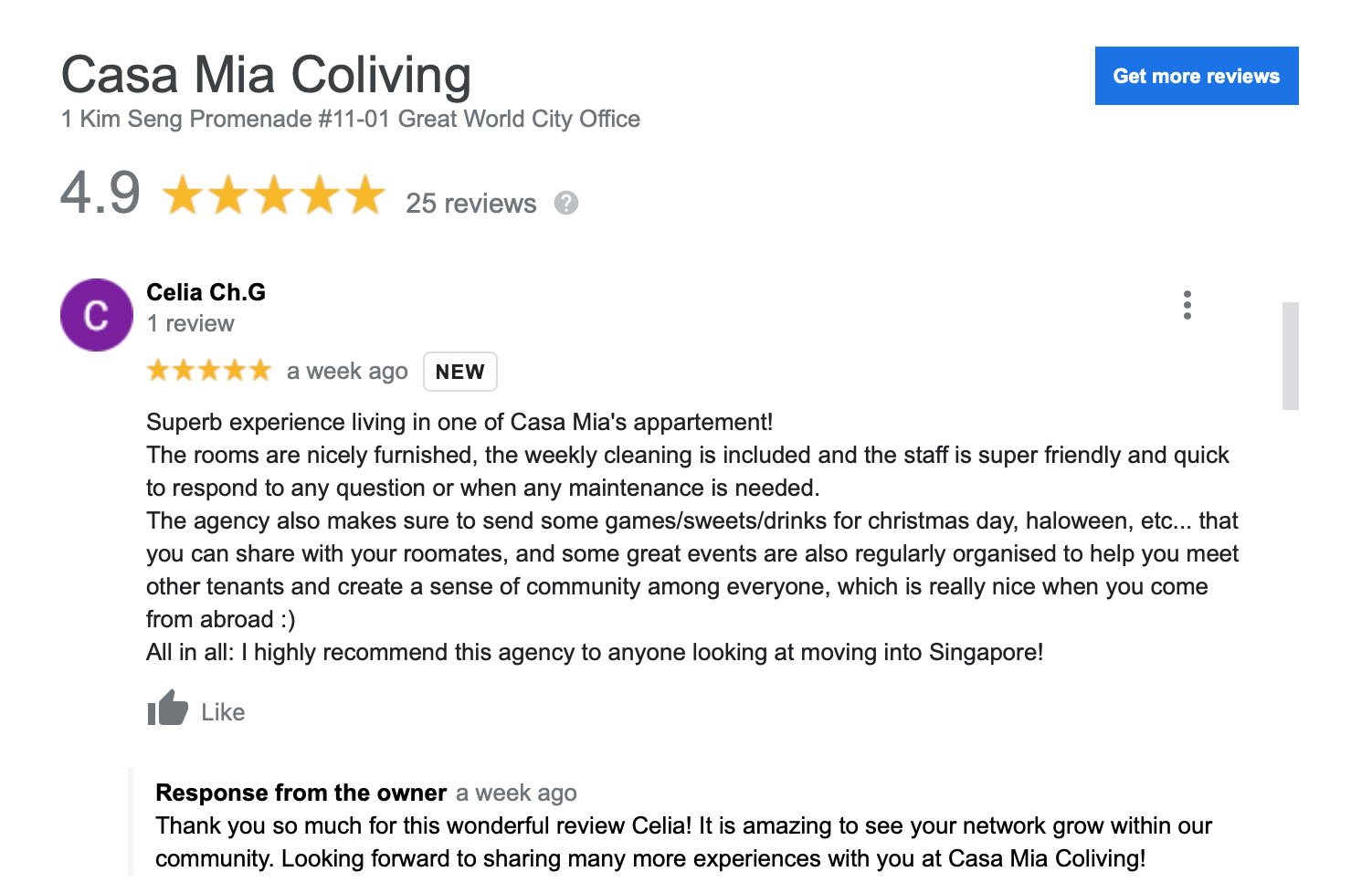
Most of our members are young professional expats in their 20s (up to early 30s). Like the two of us a few years ago, they want to have an international experience abroad early in their career. And while that’s great, it can also be problematic in terms of being able to afford a place and moving to a new home without a support system.
At Casa Mia Coliving, we created an affordable and convenient product. Additionally, our homes come with a community. It’s not just that our members share similar backgrounds and ages. We actively engage our members with events and activities that allow them to meet across our different homes. Even during the lockdowns in 2021, we were doing online cocktail classes and other similar events to ensure opportunities for engagement within the Casa Mia Coliving member community.
For this reason, our members tend to stay with us for 16 months on average (although the min contract length is three months and 50% of our members initially sign up for 12 months or less), much longer than most other coliving companies in Singapore.
Our monthly ‘First Friday’ event, this was at FOC Sentosa:

Our ‘Meet The Neighbours’ event, where members from nearby homes meet each other at one of the Casa Mia Coliving homes:
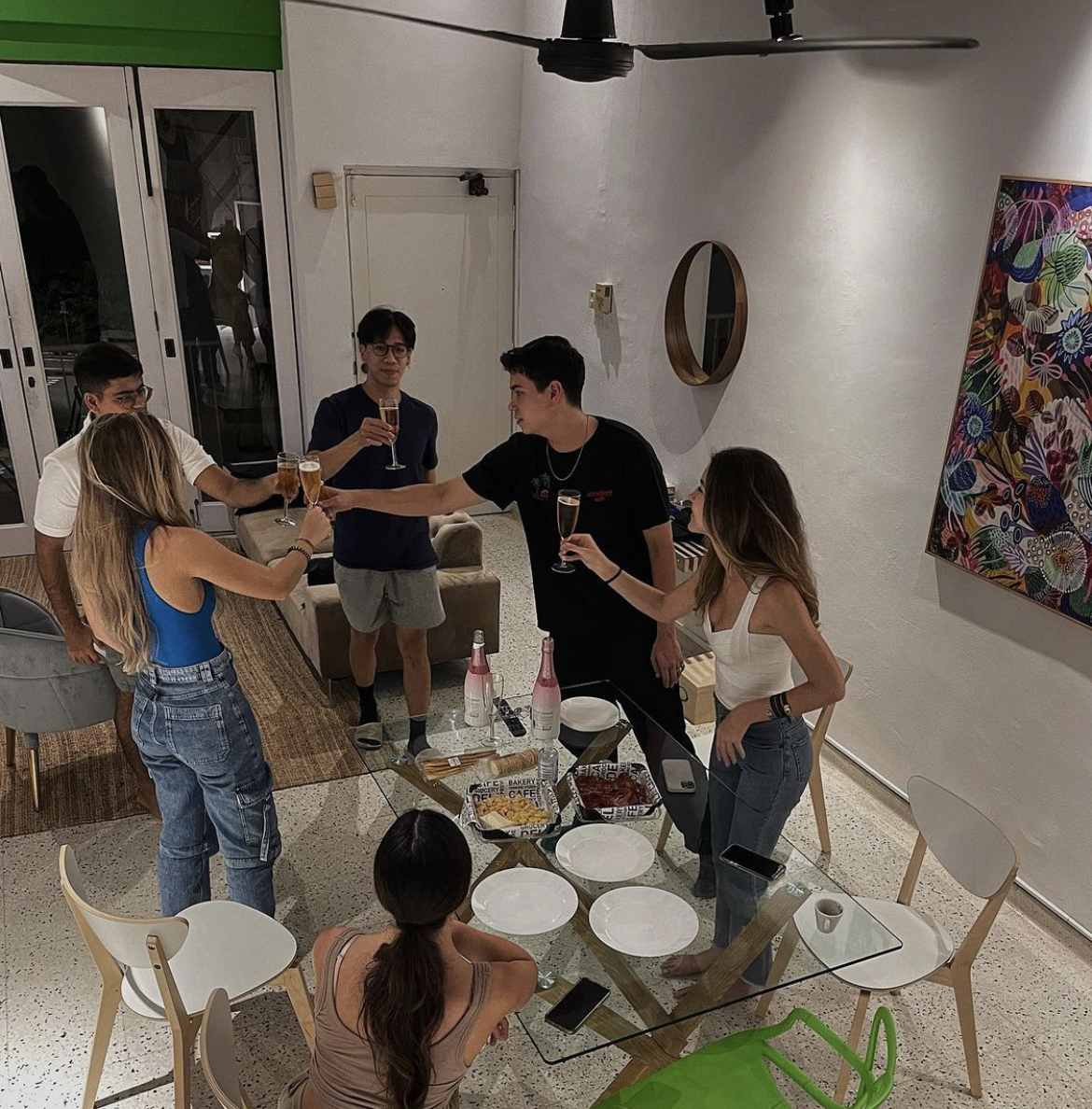
How are you doing today and what does the future look like?
We want to double our Singapore business this year and launch a second city. We are breaking even and intend to keep being profitable as we continue to grow, as we do not believe in growth at all costs. Coliving is a business where scale is significant, but that’s not all.
We have strong unit economics with a 10x LTV/CAC ratio, but that’s possible only by focusing on the right real estate partners and assets. We can run a profitable business at our scale with our unit economics. Other coliving companies have a much lower LTV because their members are more transient or because their margin per room is too low. We see it as a common problem among companies here in Singapore, resulting in the need for a much larger size room for them to break even.
Through starting the business, have you learned anything particularly helpful or advantageous?
We made the best decision to pick a clearly defined customer segment, much more narrowly defined than any other coliving company here in Singapore. Here, most coliving companies say that they market to “young professionals and families, expats and locals”. How is that a target market? That’s everybody! We created a product suited to our customers because we picked them first.
What platform/tools do you use for your business?
We built our proprietary management system, ColivHQ, to keep all the data about our business in one place.
As far as third-party tools, we are on Google Workspace and use Asana for projects (for example, each new home launch).
What have been the most influential books, podcasts, or other resources?
Coliving is a developing business; there are not many books about it yet! We would like to think that through this journey, we are writing our book about coliving.
Advice for other entrepreneurs who want to get started or are just starting out?
Do not overthink it. Just do it!
Where can we go to learn more?

Download the report and join our email newsletter packed with business ideas and money-making opportunities, backed by real-life case studies.

Download the report and join our email newsletter packed with business ideas and money-making opportunities, backed by real-life case studies.

Download the report and join our email newsletter packed with business ideas and money-making opportunities, backed by real-life case studies.

Download the report and join our email newsletter packed with business ideas and money-making opportunities, backed by real-life case studies.

Download the report and join our email newsletter packed with business ideas and money-making opportunities, backed by real-life case studies.

Download the report and join our email newsletter packed with business ideas and money-making opportunities, backed by real-life case studies.

Download the report and join our email newsletter packed with business ideas and money-making opportunities, backed by real-life case studies.

Download the report and join our email newsletter packed with business ideas and money-making opportunities, backed by real-life case studies.







